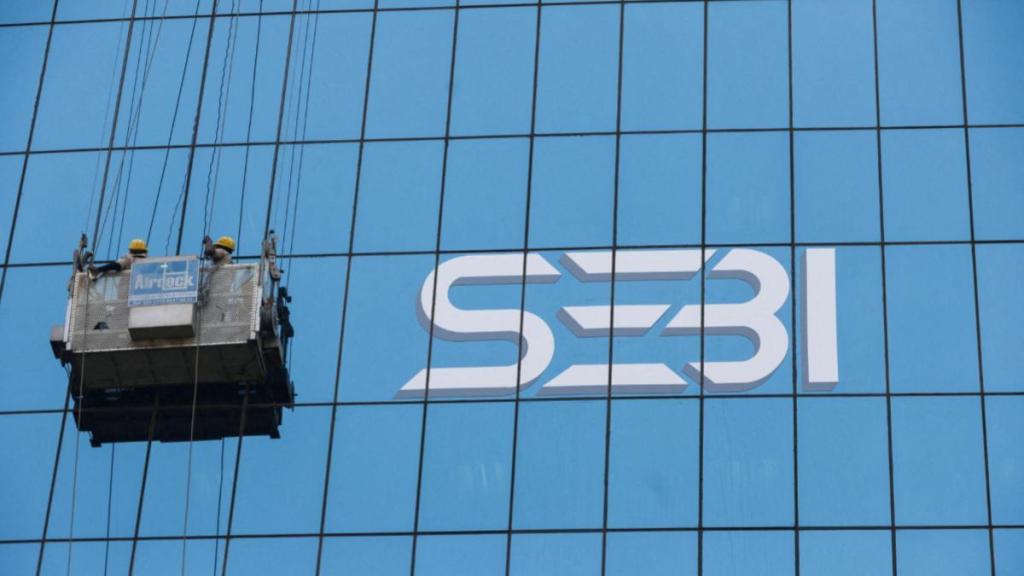Given the huge losses that retail investors are making in futures and options (F&O) trades and the frequent warnings by the regulator that household savings are being used to speculate, a tighter set of rules for derivatives was called for. The Securities and Exchange Board of India (Sebi) on Tuesday took several steps to discourage smaller punters. It has raised the floor trading amount to Rs 15 lakh from Rs 5 lakh and mandated the upfront collections of options premiums. An additional 2% margin will be charged for short options contracts on the day they expire. In fact, an exchange can offer derivatives contracts for only one of its benchmark indices with a weekly expiry. Also because of the big volumes on the expiry day vis-à-vis future expiry days and the higher risks that this entails, the regulator has done away with the benefit of offsetting positions across different expiries, on the day of expiry for contracts. The measures should help as a recent study revealed that 93% of the over 10 million F&O traders made losses of about Rs 1.8 lakh each during FY22-24.
Among other measures, the regulator’s board has introduced a broader definition of a “connected person” and an “immediate relative”, making it harder for individuals to trade in the markets on the basis of unpublished sensitive information. Some believe the market regulator may have gone too far by including the person’s spouse, parents, in-laws, siblings, and siblings of the spouse, children and their spouses within the definition of immediate relative. But traders have ingenious ways to cover their tracks. In fact, Sebi’s move to tighten the rules by including a firm, its partner, or employee as a person deemed to be a connected person and also a person sharing a residence with a “connected person” is needed, if the regulator is to come to grips with the menace. We have had some instances of employees at asset management companies (AMCs) misusing privileged information. Starting November, employees of fund houses will be covered by insider trading norms with the AMCs responsible for making sure the institutional mechanism is effective.
Promoters will be pleased they can now renounce their rights entitlements in favour of any specific investor or set of investors, allowing them to control the ownership; in fact, the company can allot the under-subscribed portion to any investor provided they make adequate disclosures. Moreover, reducing the timeline for rights issues to just 23 days from the current 317 days is helpful. However, since this is only just a slightly shorter process than the one for completing a preferential allotment — 40 days — companies are unlikely to be deterred. Less paperwork and no merchant banker can be a blessing.
MF Lite, the new light-touch regulatory framework for mutual funds that offer only passively managed schemes, will enable the entry of more funds. The thresholds relating to the net worth, profitability, and so on would be lowered, and it’s a good idea to allow existing AMCs to hive off the passive schemes to an entity with a common sponsor. Sebi’s attempt to come up with a product for those who want to invest about Rs 20 lakh with a direct exposure to equities will be a good option for those with some risk-taking ability. Access to a regulated investment product should protect them from becoming prey to finfluencers and unauthorised investment schemes.


